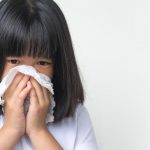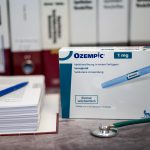
New Year’s resolutions can be a fickle thing. They are a time-honored way to promise improvements to yourself and your behavior, a “fresh start” to the new year. But if chosen poorly, a resolution also can be a source of anxiety, disappointment and hopelessness. “They tap into the abiding American spirit of relentless self-improvement, and that can be so relentless that it translates into additional stress,” said John Norcross, chair of psychology with the University of Scranton in Pennsylvania and author of “Changeology: 5 Steps to Realizing Your Goals and Resolutions.” About one in four Americans cite their resolutions as a source of anxiety heading into the new year, according to a new poll by the American Psychiatric Association. Choosing an appropriate resolution — and realistic ways to follow through on it — can help relieve some of that stress, experts say. Resolutions tend to focus on a few specific areas — health, money and relationships, Norcross said. “The number one difficulty we encounter is that people make truly unrealistic, grandiose expectations,” Norcross said. Still, it makes sense that people would set lofty goals for themselves as the year turns, said Dr. Rebecca Brendel, president of the American Psychiatric Association. “There’s this temptation when the year switches from 2022 to 2023, then it’s a fresh start and everything in the past is all history,” Brendel… read on > read on >



























-300x200.jpg)










